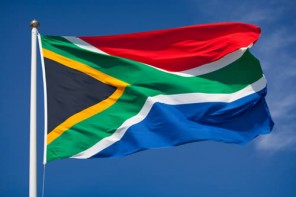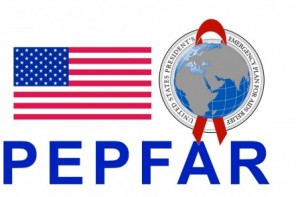I blogged earlier on the debate over Malawi’s flag, with a quick tone that angered two commenters. So I’m going a second round, incorporating their suggestions — and some political particulars they’ve brought to light.
The Catholic Church just came out in opposition to the Malawian president’s seemingly unilateral decision to change Malawi’s flag — a decision that’s apparently ignited controversy. The changes look minor — a reversal of the position of red and green bands, the shift from a red rising (or setting?) sun to a white whole (“risen”) sun. The symbolism? “We cannot permanently live in the past,” Malawian President Bingu wa Mutharika was quoted by one news source as saying. “The new flag depicts the status of our development.”
That’s right, Malawi is developed! Or so says its president, in what one person described a “self-congratulatory” tone. I’d have to agree. Malawi’s ranking as the 17th least developed country in the world in UN’s Human Development Index released last week suggests this is all a little…optimistic?
The country’s bishops have come out against the flag, which they say is an expensive distraction from pressing public issues. They also object that the president didn’t consult people adequately — although there was an expensive campaign to convince villagers to accept the new flag.
Speaking of consultations, the other thing the bishops don’t like? The president’s apparently unilateral decision to delay municipal elections, now slated for 2011, according to the Southern Times. I don’t know the reasons for the delay, but after a quick tour of other countries where elections were delayed, I know that these delays don’t usually turn out to be a good thing — and that they’re always in somebody’s political interest.
The flag fight is part of a spectrum of political moves that are troubling the bishops — and some Malawians. But one commenter suggests, eloquently, that a flag is more than a piece of a political fight:
“A flag isn’t just about the design or the colours, it’s about what it has come to symbolise for a nation. Malawi doesn’t have galleries filled with Great Malawians, an exportable culture, it hasn’t made its unique stamp on manufacturing, and that’s not because it can’t or never will. But it hasn’t happened yet. The flag is one of the few things we have that says this is us; this is what speaks to our national identity.”


